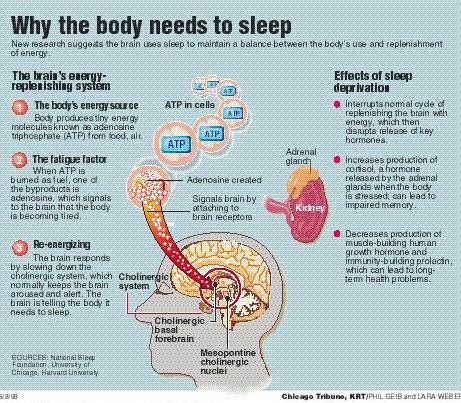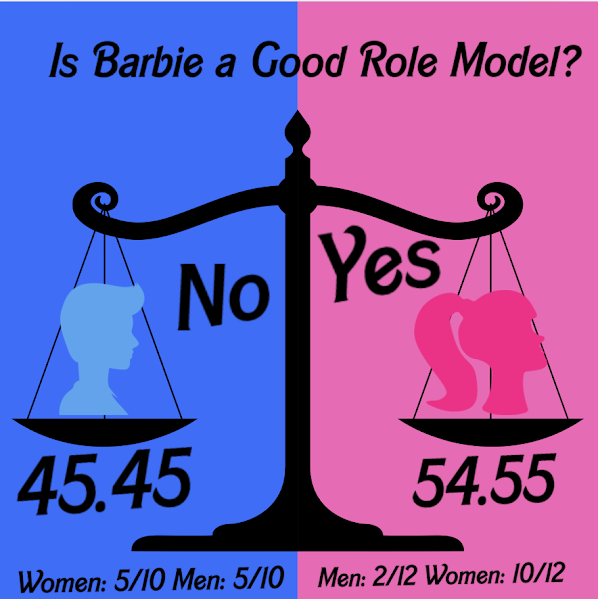The Early Student Does Not Get the Worm
Every day, sleepy high school students are forced to drag themselves out of bed early in the morning, and drudge their way through the day, struggling to focus and produce adequate work.
Adults often think that teenagers have difficulty getting up in the morning due to laziness, or lack of responsibility in getting to bed early enough. However, teenagers’ bodies naturally stay awake later into the night and stay asleep later into the morning—clashing with early school start times.
According to the National Sleep Foundation, the sleep-wake cycle, or circadian rhythm, is controlled by the hypothalamus and causes several rises and dips in alertness throughout the day. Through the help of light triggers, sleep-wake cycles typically align with morning and night.
Evidence has shown that as mammals, including humans, go through puberty, the circadian rhythm changes as well.
A study conducted by the National Center for Biotechnology Information (NCBI) which “reviewed data from nine studies that examined the daily rhythms of mammals during pubertal development,” found that “a 1- to 4-hour delay in circadian rhythms” occurred during puberty in five different species of mammals.
This means that rather than feeling sleepy early in the evening, and feeling alert early in the morning, teenagers find it easiest to sleep later at night, and need to stay asleep later into the morning to get rest.
Teenagers are kept from
following the rhythms of their bodies because school start times require that students rise early, leading to a loss of sleep.
Sleep deprivation is far from harmless, and can cause serious issues and increased risk of developing several conditions —both physical and mental.
Chronic sleep loss can lead to hypertension, drowsy driving, risk of anxiety and depression, lack of both impulse control and motivation, and higher stress levels, as enumerated in the September 2014 American Academy of Pediatrics policy statement.
Lack of sleep also interferes significantly with performance in school—the reason that teenagers are forced to wake up so early in the first place.
The policy statement also lists that sleep deprivation causes problems with memory, organization, time management, and more complex and creative thinking—all functions essential to success in high school.
The solution might seem as simple as going to bed at an earlier time, but, according to the article published by NCBI, teenagers’ circadian rhythms create “a drive to stay awake later in the evening.”
Consequently, students stay up late—either completing homework or unable to fall asleep—and are then forced to wake up before a full night’s sleep has elapsed.
Because teens’ internal clocks are fairly inflexible, start times must change instead. If school is pushed back an hour, or even half an hour, students would be able to maintain the same bedtime, and still achieve an adequate amount of shut-eye.
Some schools have begun to implement delayed start times, with encouraging results.
A three-year study by the University of Minnesota found that 66% of students attending schools with a start time of 8:55 slept at least eight hours every night, as compared to only 33% of students whose school began at 7:30.
Additionally, in an article published by The Seattle Times, Thomas Ralston, superintendent of Avonworth High School in Pittsburgh, reported that students “are much happier and feel like they are much better prepared coming into school” after shifting start time about an hour.
Sleep deprivation is a severe and pressing issue among students, and school start time plays a significant role. School administrations cannot and should not continue to ignore the detrimental effects of sleep loss caused by early start times.






